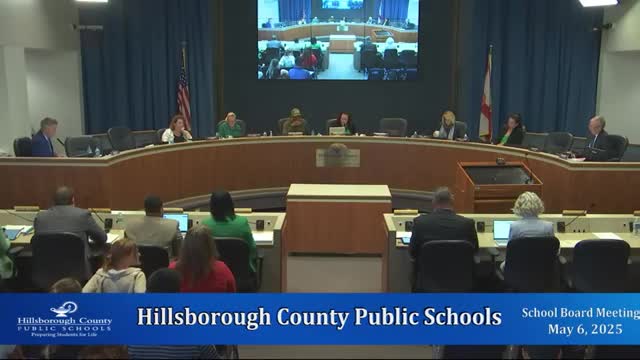Article not found
This article is no longer available. But don't worry—we've gathered other articles that discuss the same topic.
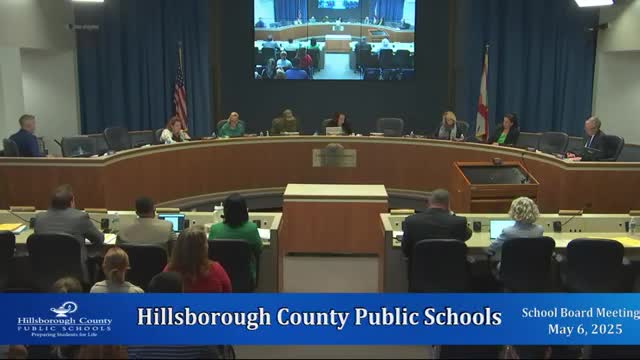
Students tell board advisory council gives them voice; superintendent outlines outreach and teacher appreciation

Community members raise concerns about NAACP use of district property and suspension disparities
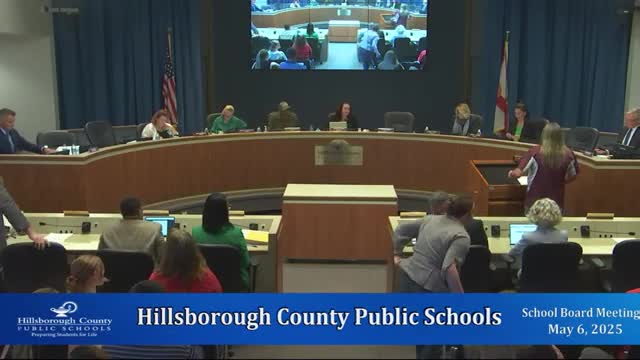
Parent alleges mismanagement of CTE industry certification program; board takes hearing comments
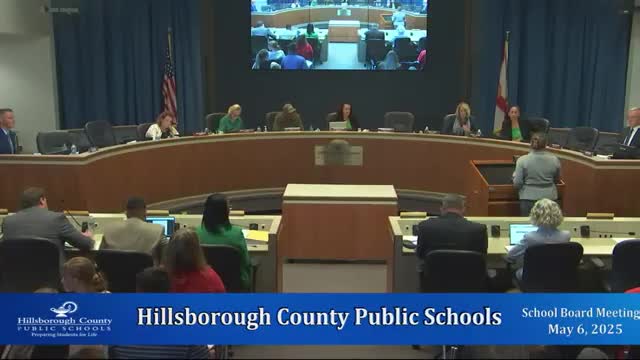
Parents and students urge district to restore orchestra at Rogers Magnet amid planned cuts
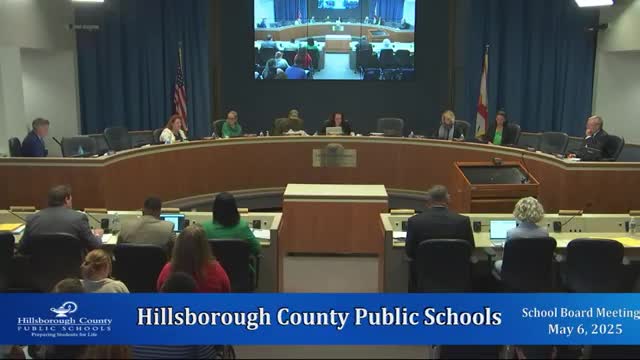
Board approves 2025‑26 bell schedules after debate on traffic, driver shortages and athletics
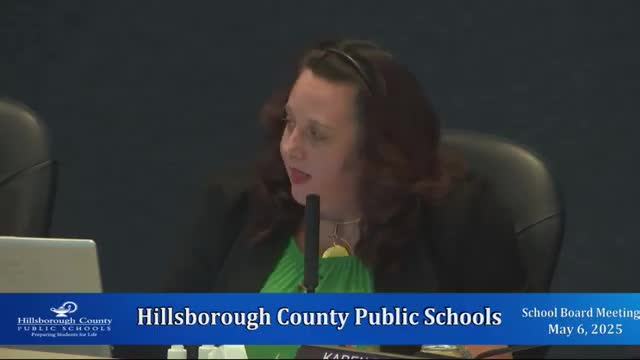
Board adopts 2025‑26 payroll calendar; members raise questions on equalized pay options
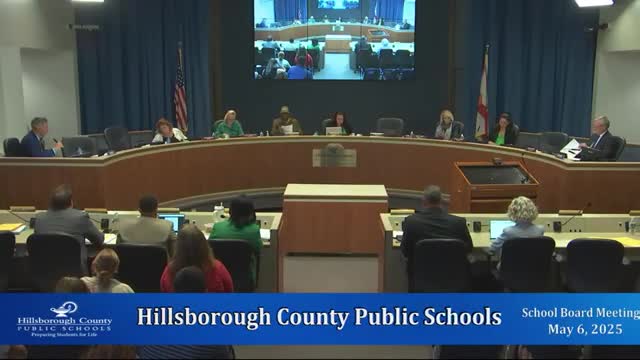
District awards new managed‑print contract; first‑year cost estimated lower than prior year
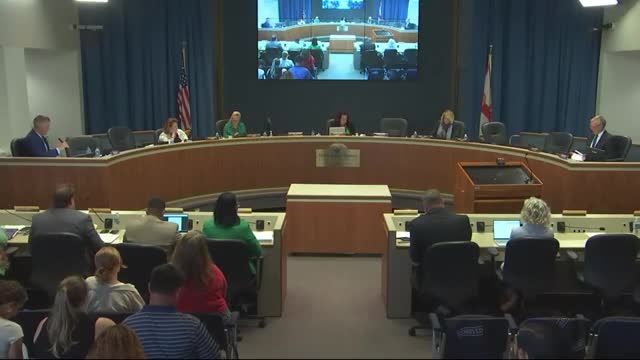
Board approves simulation ‘workstations on wheels’ for technical college nursing program
